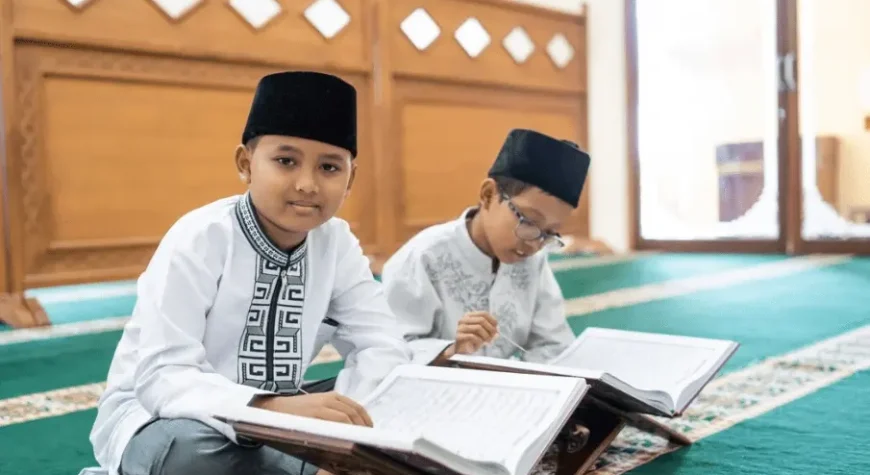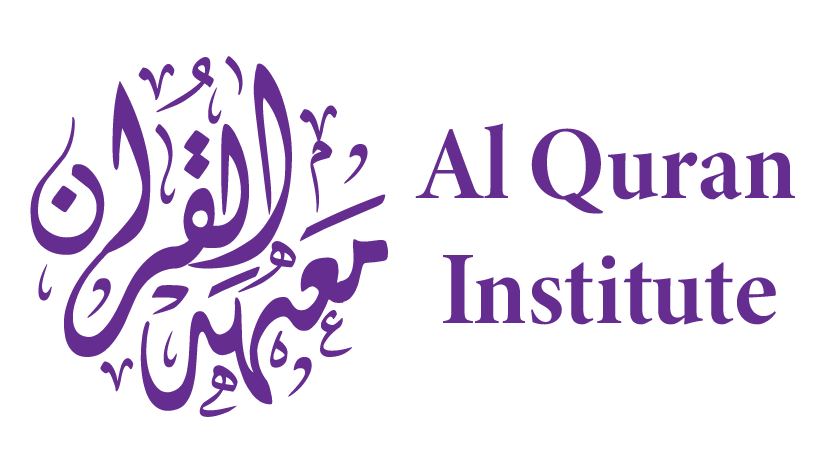The Importance of Islamic Education in Today’s World

Islamic education plays a pivotal role in shaping the lives of individuals and communities by providing a holistic approach to learning that encompasses spiritual, moral, and intellectual development grounded in the teachings of the Quran and the Sunnah (traditions of Prophet Muhammad, PBUH). In an increasingly complex world filled with moral dilemmas and societal challenges, the relevance of Islamic education becomes ever more significant. By fostering resilience, ethical decision-making, and informed citizenship, Islamic education serves as a guiding light for Muslims navigating the trials of contemporary society.
Understanding Islamic Education
Islamic education is a multifaceted system designed to nurture the whole person, emphasizing the integration of religious knowledge, character building, and community engagement. This form of education is rooted in the principles of the Quran, which encourages the pursuit of knowledge and wisdom.
Traditionally, Islamic education was imparted through madrasas and religious schools, focusing primarily on memorization and the oral transmission of knowledge. However, as the world evolves, there is a growing need to integrate modern educational frameworks that promote critical thinking, creativity, and interdisciplinary studies. The synthesis of both approaches can foster a comprehensive understanding of Islam, allowing students to engage meaningfully with the teachings of their faith.
Promoting Ethical Values and Morality
One of the most significant contributions of Islamic education is its ability to instill moral values and ethics in students. Through the study of the Quran and Hadith, learners are taught the importance of honesty, integrity, respect, and compassion. For instance, when faced with ethical dilemmas such as corruption or social injustice, Islamic teachings offer guidance rooted in the principles of justice and accountability.
In today’s world, where ethical challenges abound, Islamic education provides a framework for addressing these issues. It empowers individuals to make informed choices that align with their values and beliefs, helping them navigate the complexities of modern life.
Fostering Critical Thinking and Knowledge
Incorporating critical thinking into Islamic education is essential for developing informed and engaged citizens. The Quran itself encourages inquiry and reflection, which are vital components of critical thinking. Historically, Islamic scholars have made significant contributions to various fields, including mathematics, medicine, and philosophy. For example, Al-Khwarizmi’s work laid the foundations for modern algebra, while Avicenna’s contributions to medicine have influenced healthcare practices worldwide.
Balancing religious and secular studies is crucial for fostering a well-rounded worldview. Students who engage with both domains can appreciate the richness of Islamic knowledge while also developing the skills needed to excel in today’s diverse society.
Strengthening Community and Social Cohesion
Islamic education plays a vital role in building strong communities. By fostering a sense of belonging and unity, it promotes communal harmony and cooperation among individuals. The concept of Ummah (the global Muslim community) highlights the importance of solidarity and mutual support within Islam.
Moreover, education encourages understanding and respect among diverse groups. Interfaith dialogue and community engagement initiatives promote collaboration and foster respect for different beliefs, ultimately contributing to social cohesion and peace.
Addressing Global Challenges
Islamic education is not just about personal growth; it also provides solutions to pressing global challenges. From poverty alleviation to social justice, Islamic teachings offer valuable insights into addressing the issues that affect our world today. The concept of social responsibility (khidma) emphasizes the importance of community service and welfare, motivating individuals to take action for the betterment of society.
Successful Islamic organizations and initiatives are making a positive impact by promoting education and social welfare. These efforts range from providing educational opportunities for underprivileged communities to implementing programs that address health, poverty, and environmental concerns.
The Role of Technology in Islamic Education
Technology is transforming the landscape of education, including Islamic education. E-learning platforms and online courses have made Islamic knowledge more accessible than ever. Students can engage with educational resources from anywhere in the world, breaking down geographical barriers and enabling a broader reach.
Modern tools enhance the learning experience, offering interactive materials and multimedia resources that cater to diverse learning styles. The integration of technology into Islamic education allows for greater flexibility and innovation, ensuring that students receive a comprehensive education.
Personal Development and Spiritual Growth
Islamic education is integral to personal development. It fosters self-awareness, emotional intelligence, and resilience, equipping individuals with the tools to navigate life’s challenges. Mentorship and community support play essential roles in guiding individuals on their spiritual journeys, helping them develop a stronger relationship with Allah.
The process of learning also contributes to spiritual growth, as students deepen their understanding of their faith. Reflection, prayer, and ethical living are essential components of this journey, nurturing a more profound connection with Islam and its teachings.
Conclusion
The importance of Islamic education in today’s world cannot be overstated. It shapes individuals who are not only knowledgeable but also ethical, compassionate, and socially responsible. By supporting Islamic education initiatives, we can empower future generations to engage meaningfully with their faith and address the challenges faced by society.
As Muslims, it is our collective responsibility to promote education as a means of fostering a just and compassionate world. Investing in Islamic education is an investment in the future—one that nurtures informed, ethical, and resilient individuals who can navigate the complexities of life while contributing positively to their communities. Embrace the journey of lifelong learning and support the vital mission of Islamic education for a brighter tomorrow.

